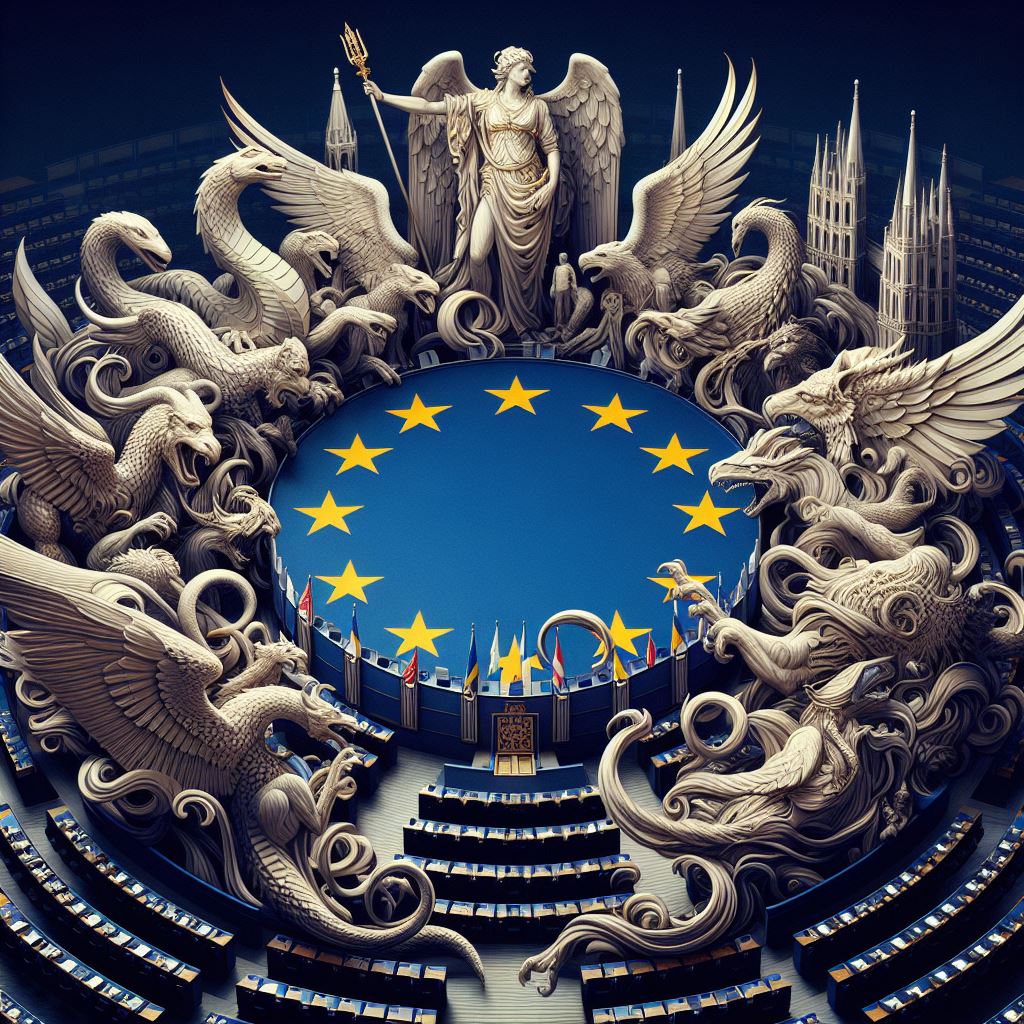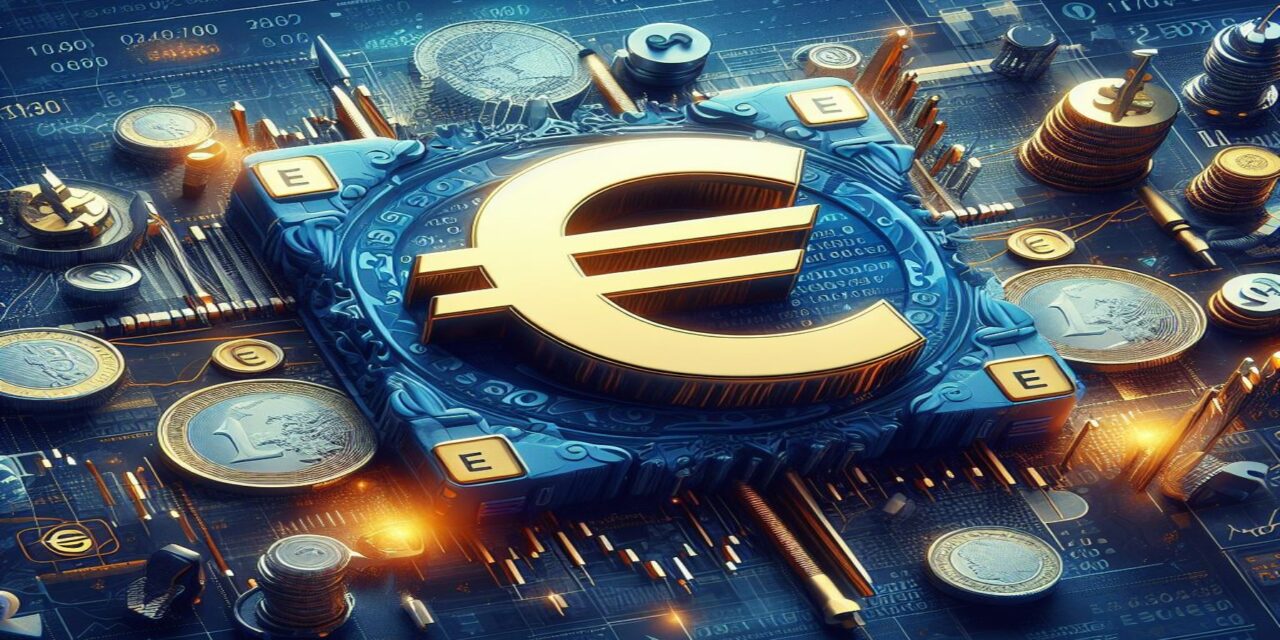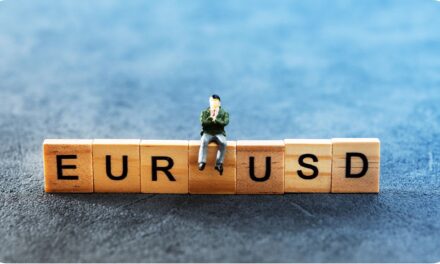What is the ECB?
The European Central Bank (ECB) is the central bank for the eurozone, the group of European Union (EU) countries that have adopted the euro as their common currency. The ECB is responsible for managing the monetary policy of the eurozone and maintaining price stability, which is essential for economic growth and prosperity.

Key Economic Mandates of the ECB
The primary mandate of the ECB is to maintain price stability within the eurozone. This involves keeping inflation rates low and stable.
The European Central Bank (ECB) tries to keep prices stable by changing how much it costs to borrow money in the eurozone. They aim to keep the rate of inflation just under 2%. Inflation is when prices go up, and the ECB looks at this, along with how the economy is doing and if people have jobs, to decide what to do.
If prices start to rise too much, more than 2%, the ECB might increase the cost of borrowing money. This is to slow down how fast the economy is growing and to stop prices from going up too much. But if more people are out of work and the economy isn’t doing well, the ECB might make it cheaper to borrow money. This is to help the economy grow and create more jobs. When both prices are rising and more people are out of work, the ECB has to think carefully about whether to slow down the economy to control prices or help it grow to create jobs.
The ECB also helps to keep the money system in the eurozone safe and running smoothly. During a crisis, they can add more money into the system. They can do this by buying things like government bonds or making it really cheap to borrow money. This helps people and businesses who owe money to pay it back.
If the ECB doesn’t add more money into the system during a crisis, there’s a risk that the whole financial system could stop working.
The ECB also supports the general economic policies in the EU to contribute to the achievement of the objectives of the EU, such as high employment and sustainable growth.
Learn more about Financial Markets and learn to trade through an extensive accredited course right here https://lotusacademy.africa/product/skills-certificate-in-financial-markets/
The Structure of the Bank’s Leadership
The ECB’s leadership structure includes the Executive Board, the Governing Council, and the General Council. The Executive Board consists of the President, the Vice-President, and four other members, all appointed by the European Council. The Governing Council is the main decision-making body and consists of the Executive Board members and the governors of the national central banks of the eurozone countries. The General Council includes the President and the Vice-President of the ECB and the governors of the national central banks of all EU countries.
The General Council is like a temporary group that does certain jobs that used to be done by the European Monetary Institute. These jobs are needed for the last part of creating a system where all EU countries use the euro. Right now, not every EU country uses the euro, so the General Council is still needed. But once every EU country starts using the euro, this group won’t be needed anymore and will be ended.
How ECB Interest Rates Affect the Euro
The European Central Bank (ECB) can make the Euro’s value go up or down by changing what people think will happen to interest rates. If people think interest rates will go up in the future, the Euro usually becomes more valuable, even if the actual interest rates don’t change right away.
For example, if the ECB says that they plan to increase interest rates later on, even though they keep them the same for now, the Euro will likely get stronger.
Quantitative Easing (QE) and Its Effect
Quantitative easing (QE) is when the ECB buys things like government bonds to help the economy and make sure there’s enough money available for people to use. They usually do this when there’s a big financial problem. When they do a lot of QE, there’s more money around, which can make the Euro less valuable.

How Interest Rates Affect the Economy
The ECB lowers interest rates to help the economy grow, which is measured by GDP, and raises them to stop prices from going up too fast when the economy is really busy.
Here’s how lower interest rates help the economy:
- Companies can borrow money at a cheaper rate to start new projects.
- The stock market goes up because it costs less to invest, making people feel richer.
- People put their money into things like stocks because they can get better returns than the low interest rates from saving their money.
Other Central Bank Articles:
For live Market Updates follow Zain on Twitter/X @zvawda





